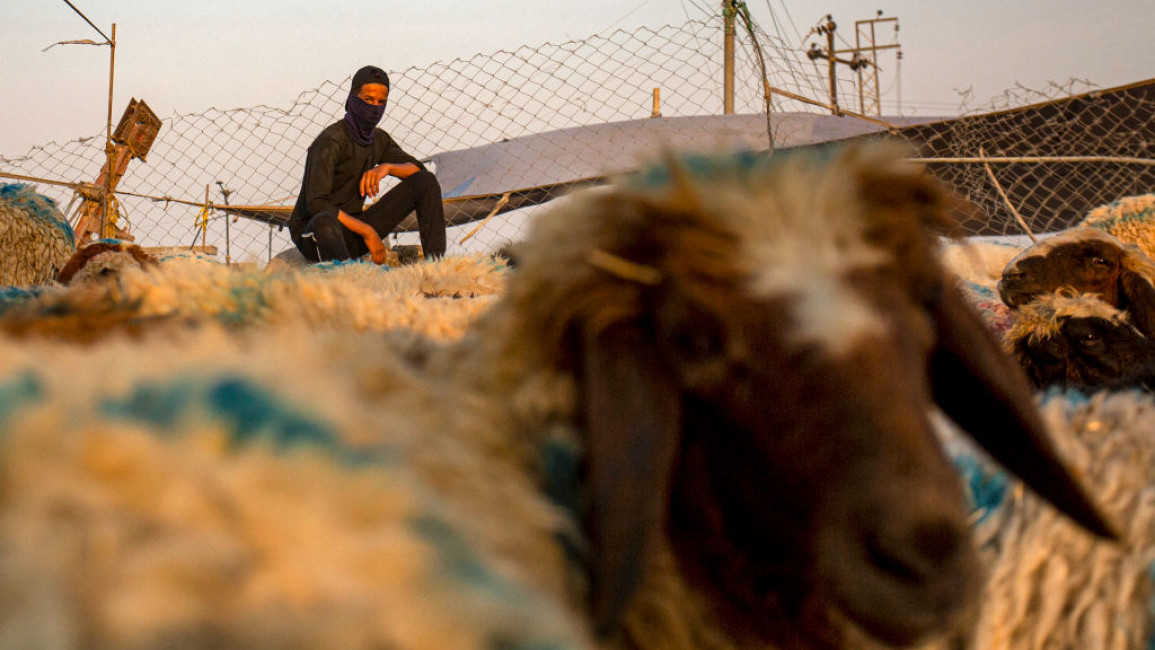Iraq says 7 dead from Congo fever since start of 2021
Seven people have died from the Crimean-Congo haemorrhagic fever since the start of last year after coming into contact with livestock in southern Iraq, health authorities said on Monday.
"Over the past year and the first months of this year, we have counted seven deaths and an eighth person who is seriously ill in the province of Dhi Qar," said regional public health director Hussein Ryad.
Dhi Qar is a rural southern province known for rearing cattle, sheep and goats, all of which are potential carriers of the Crimean-Congo haemorrhagic fever, also known as Congo fever.
All the victims worked in the livestock sector, Ryad told AFP, adding that the most recent death was at the start of this year.
The disease is tick-borne and causes severe haemorrhaging, according to the World Health Organization.
People are often infected after they come into contact with the blood of infected animals, often after slaughtering livestock.
It can also be transmitted between humans through "close contact with the blood, secretions, organs or other bodily fluids of infected persons," according to WHO.
The disease has a high fatality rate of between 10 and 40 percent of all cases.
Ryad said the disease first appeared in Iraq "a few years ago before disappearing". It then reappeared last year, he said.
He added that the number of infected animals is unknown, pointing to the possibility that livestock was "transported from one region to another without the appropriate veterinary examinations".
Thamer Habib Hamza, the head of the agriculture ministry's veterinary department, confirmed the seven deaths.
"When we detect the disease, we spray insecticide to eliminate ticks on animals and the ground," he said.
Healthy ministry spokesman Saif al-Badr said "all cases are being followed up by the Iraqi health service."
Congo fever is endemic in Africa, Asia, the Middle East and the Balkans, according to WHO.



